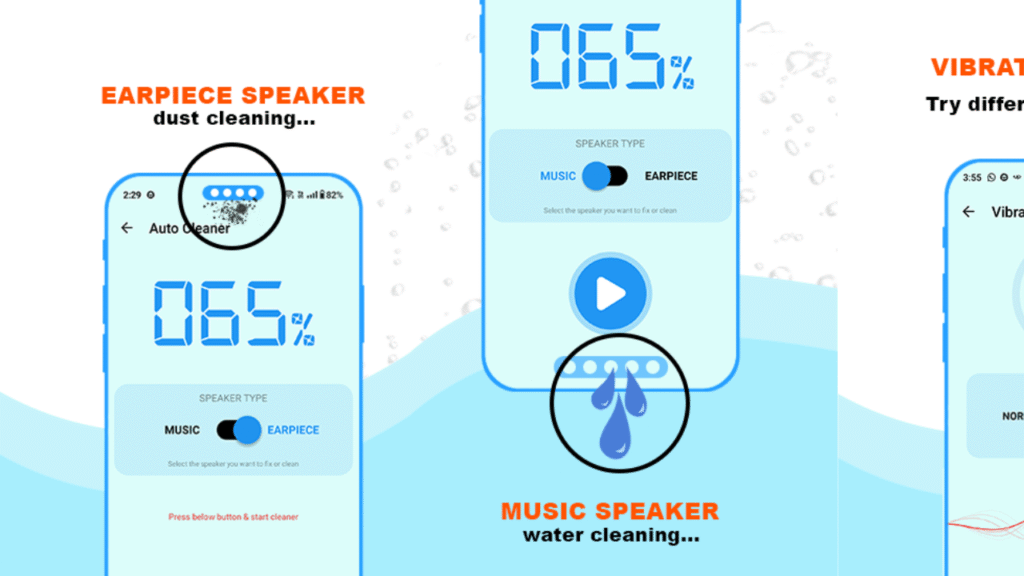An individual health insurance policy is an agreement between a person and an insurer that covers medical expenses. Unlike health plans offered by employers, individual policies are bought directly, providing more options and customization.
Benefits of Individual Health Insurance
The price of an individual health insurance policy depends on factors like age, health status, location, and the level of coverage chosen. Key financial aspects to consider include premiums, deductibles, copayments, and out-of-pocket maximums. Premiums are the monthly fees for maintaining the policy, while deductibles are the amounts that must be paid before the insurer starts covering costs. Copayments and coinsurance are the shared expenses for medical services between the policyholder and the insurer.
Coverage options vary with each individual health insurance plan. Typical benefits include hospitalization, outpatient services, prescription medications, preventive care, and emergency services. Some plans may provide extra coverage, such as maternity care, mental health treatment, and alternative therapies. It is crucial to carefully examine what is included and excluded to ensure the plan suits specific health needs.
Coverage Options and Considerations
Insurance companies usually offer various plan levels, classified by metal tiers like Bronze, Silver, Gold, and Platinum. Bronze plans generally have lower premiums but higher out-of-pocket expenses, while Platinum plans have higher premiums and lower cost-sharing. The choice of tier should be based on anticipated healthcare usage and financial situation.
A significant benefit of an individual health insurance policy is the ability to choose a plan that fits personal health requirements and preferences. Compared to employer-sponsored plans, individual policies allow for more customization. However, they may be more expensive, especially for those who do not qualify for subsidies from government programs like the Affordable Care Act (ACA) marketplace.
When buying an individual health insurance policy, it’s important to compare different plans from various insurers. Key factors to consider include network coverage, the reputation of customer service, the claim settlement ratio, and any extra benefits. Using online comparison tools and speaking with licensed insurance agents can aid in making a well-informed choice.
Renewability and portability are also significant factors. While many policies can be renewed annually, there may be changes in premium rates and coverage terms. Portability allows individuals to change insurers without losing benefits, making it easier to find better options if the current coverage is insufficient.
Exclusions in Individual Health Insurance
It’s crucial to understand exclusions and limitations to avoid unexpected expenses. Common exclusions can include cosmetic procedures, elective treatments, waiting periods for pre-existing conditions, and certain experimental therapies. Carefully reading the policy document helps prevent surprises and clarifies covered benefits.
Conclusion
In summary, an individual health insurance policy offers necessary financial protection against medical costs and provides flexibility in selecting coverage. Although costs and coverage can vary greatly, thorough research and careful selection can help individuals find a plan that aligns with their health and financial needs. By considering all aspects of the policy, including costs, benefits, and exclusions, individuals can ensure comprehensive and effective healthcare coverage.






